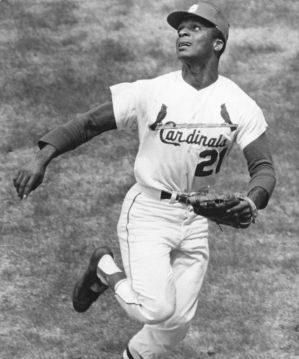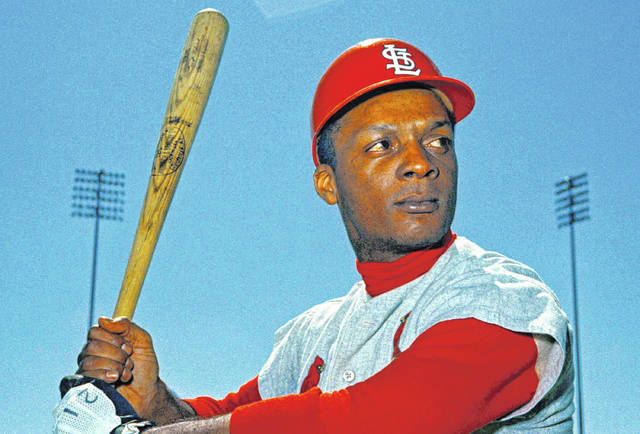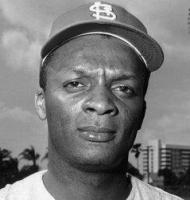

- CURT FLOOD MADE AGENCY PRO PROFESSIONAL
- CURT FLOOD MADE AGENCY PRO SERIES
- CURT FLOOD MADE AGENCY PRO FREE
As big as it is, baseball is a closely-knit unit. And besides, I don’t think I’ll be getting the opportunity to play again. Flood realized this lawsuit would be the end of his career as he stated: “It would be difficult to come back. Even though he got support from great players like Jackie Robinson and Hank Greenberg and former owner Bill Veeck, he suffered as none of the active players did testify on his behalf, and the court ruled against him in a 5-3 decision in 1972.Īt the peak of his career at 31 years old, Flood did not only lose the lawsuit but also his career as he was blackballed when none of the MLB clubs offered him an opportunity to play.

Kuhn, the historic case that followed, Flood argued that the reserve clause violated antitrust laws and violated the 13th Amendment, which barred slavery and involuntary servitude.Īfter a district court rejected Flood’s case, it went to the U.S.
CURT FLOOD MADE AGENCY PRO FREE
Kuhn denied Flood’s request to be made a free agent, and Flood decided to sue. His reasons were the poor record of the team, the obsolete Connie Mack Stadium and the racist Phillies fans.Īfter the Cardinals traded Flood to the Philadelphia Phillies in October 1969, Flood wrote a letter to Kuhn in late December, protesting the league’s player reserve clause, which didn’t allow players to move to another team unless they were traded.
CURT FLOOD MADE AGENCY PRO SERIES
Three-time All-Star, seven-time Gold Glove winner and two-time World Series winner, Curt Flood didn’t want to move to Philadelphia. Louis Cardinals, filed a lawsuit against MLB’s commissioner Bowie Kuhn and all 24 MLB teams. Baseball owes Curt Flood a place in its Hall of Fame.Today in 1970, Gold Glove outfielder Curt Flood, after refusing to report at Spring Training of the Philadelphia Phillies after he was traded by the St.
CURT FLOOD MADE AGENCY PRO PROFESSIONAL
Ironically, Marvin Miller, who beat baseball continually as union chief, was eventually enshrined in Cooperstown, while Curt Flood, who made Miller’s success possible, was not.Įvery American professional athlete owes Curt Flood a debt of gratitude. He was out of baseball after that and died 14 years ago at the age of 59. The case eventually reached the Supreme Court, which ruled in baseball’s favor, as Miller predicted.įlood, by then 33, and with a year out of the game, was traded to the hapless Washington Senators for the 1971 season. Marvin Miller, the head of the fledgling baseball players union, told Flood he would fail.īut Flood told Miller that he was fighting for other players and their futures and was content with whatever outcome occurred.

However, in the sports world of 1970, Curt Flood became a pariah. In today’s sporting environment where contract holdouts are commonplace and players routinely take control of their situation, Flood would be seen as merely doing business. In a letter to then baseball Commissioner Bowie Kuhn, Flood wrote quote After 12 years in the Major Leagues, I do not feel that I am a piece of property to be bought and sold irrespective of my wishes unquote. He refused the trade and sued Major League Baseball for the right of free movement. That is except for Flood, who, at 31, and nearing the back nine of his career, had had enough. Free agency was, for all intents and purposes, a myth, and players largely went along with the mythology. Under what was called the reserve clause, baseball owners essentially had the power to control the movement of players in perpetuity. Louis, a team that had won 87 games to Philadelphia, who lost 99. 285 and collected that seventh Gold Glove, Flood was traded from St. He became an essential part of Cardinal teams that won three National League pennants and two World Series.įollowing the 1969 season, where he hit. In Flood’s case, hits, runs and average don’t even begin to measure heart and courage, commodities that don’t show up in box scores.Īnd because those intangibles don’t fit on a trading card, Curt Flood was passed over last week for entrance in the Baseball Hall of Fame by a committee of Hall of Famers, executives and media members.įlood’s career began in Cincinnati, but he was dealt to St. And in those seasons, Flood played a marvelous center field, earning a Gold Glove, presented for defensive excellence, seven straight times.īut numbers alone don’t tell the complete story. 293, which, while exceptional, is not superlative.įlood played for 15 seasons, more than twice the length of an average career. Curt Flood amassed 1,861 hits and had just 85 home runs for his career. Baseball, more than any other sport, is a game of numbers and there are certain numbers that make players more special than others.


 0 kommentar(er)
0 kommentar(er)
